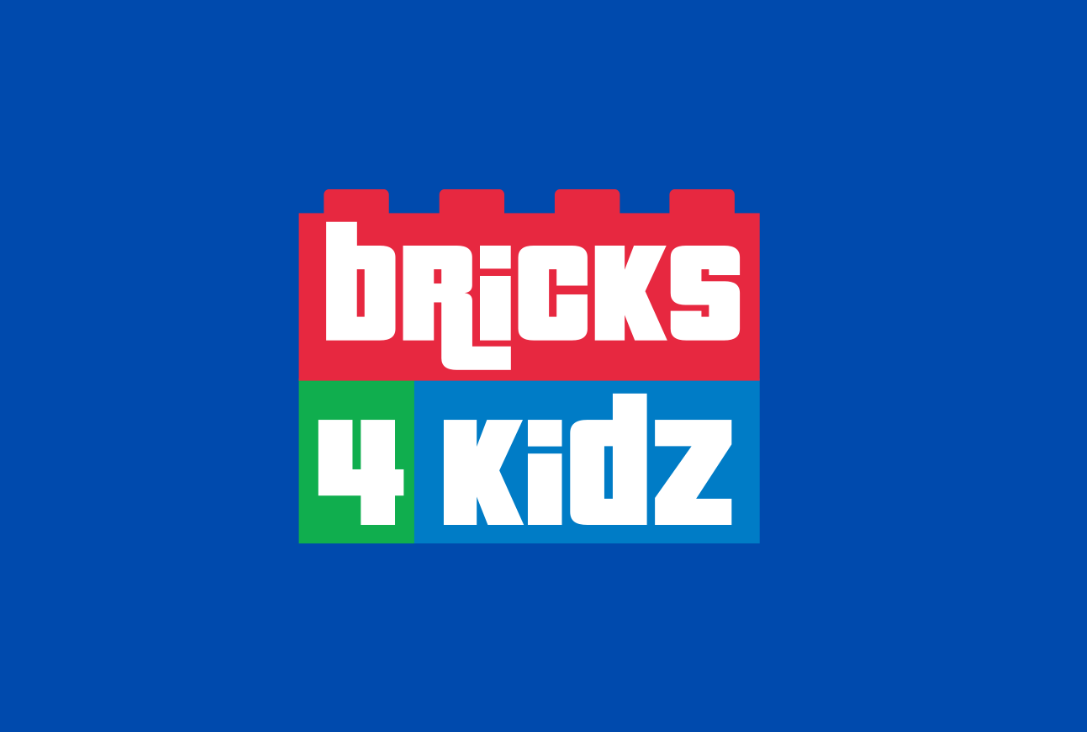In the world of franchising, the journey from a single business concept to a full-scale franchise network begins with careful planning and testing. One essential step in this process is the development of a pilot franchise. Often overlooked by new entrepreneurs, a pilot franchise is a critical component that helps determine the viability and replicability of a business model. Understanding what a pilot franchise is, and why it matters, is key to successful franchise expansion.
The Definition of a Pilot Franchise
A pilot franchise is a prototype or trial version of a franchise system launched before the business begins franchising on a larger scale. It serves as a testing ground for the franchisor to evaluate whether their business model can be successfully duplicated by others in different markets. This stage typically involves operating one or a small number of franchised units under real-world conditions, often with the cooperation of early-stage franchisees or sometimes managed directly by the franchisor.
The pilot franchise allows the franchisor to work out any operational kinks, refine training materials, evaluate the effectiveness of support systems, and develop a proven formula for success. It also helps establish key metrics such as cost structures, average revenue, and profit margins, which are essential for future franchisees evaluating the opportunity.
Purpose and Importance of a Pilot Franchise
The main purpose of a pilot franchise is validation. It demonstrates that the business model works not only in theory but also in practice when operated by individuals other than the founder. This stage helps identify potential weaknesses in the model, such as unclear processes, inconsistent brand standards, or supply chain issues.
For prospective franchisees, the existence of a successful pilot franchise can provide greater confidence in the franchise opportunity. It offers tangible proof that the systems and support promised by the franchisor are effective. From the franchisor’s perspective, the pilot phase is a chance to fine-tune the franchise offering and avoid costly mistakes before rolling it out to a wider audience.
Moreover, the data and experience gained from operating a pilot franchise can be used to build the Franchise Disclosure Document (FDD), a legal requirement in many countries. This document must include accurate financial performance representations and operational details, which the pilot franchise helps to establish.
The Process of Launching a Pilot Franchise
Launching a pilot franchise involves several steps. First, the franchisor must ensure that their original business is stable, profitable, and systemized. All key processes should be documented, and a brand identity should be firmly established. Once this foundation is in place, the franchisor can either open a new location operated by a trusted manager or allow a carefully selected franchisee to run the pilot unit.
During this phase, close monitoring and support are crucial. The franchisor collects data, assesses challenges, and makes adjustments to training programs, operations manuals, marketing strategies, and customer service protocols. This feedback loop is essential to creating a refined, scalable franchise system that can be rolled out to multiple franchisees in the future.
The Challenges Associated with Pilot Franchises
While pilot franchises are invaluable, they are not without challenges. Choosing the right location, ensuring consistent brand execution, and finding suitable franchisee partners for the test run are critical decisions that can make or break the pilot. Additionally, franchisors must be prepared to invest time and capital without immediate returns, as the goal of the pilot is learning and system development, not immediate profit.
Conclusion
A pilot franchise plays a foundational role in transforming a single business into a scalable franchise network. It provides the opportunity to test, refine, and validate the business model under real-world conditions. For franchisors, it minimizes risk and lays the groundwork for long-term success. For franchisees, it serves as reassurance that the franchise they are investing in has been proven to work. By taking the time to properly execute a pilot franchise, entrepreneurs can build stronger, more sustainable franchise systems.









